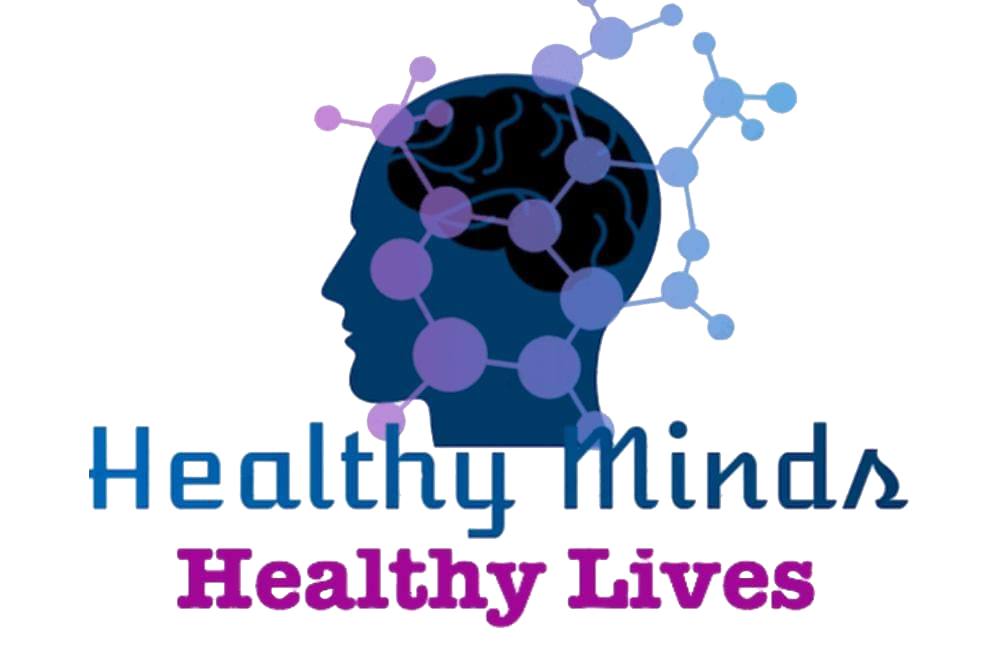Attention Deficit Hyperactivity Disorder (ADHD) is a neurodevelopmental disorder affecting many children and adults worldwide. It is characterized by hyperactivity, impulsivity, and inattention, making it difficult for individuals with ADHD to function in academic, social, and professional settings.
Although the exact cause of ADHD is still unknown, research suggests that it may be linked to genetic and environmental factors. Additionally, certain medical conditions and substance abuse can also contribute to the development of ADHD.
ADHD is most commonly diagnosed in children, but many adults experience symptoms throughout their lives. This can lead to difficulties in academic and professional settings, as well as strained relationships with friends and family members.
While there is no cure for ADHD, various treatments and therapies can help manage the symptoms. These include medication, behavioral therapy, and counseling. In some cases, changes in diet and lifestyle can also positively impact symptoms.
It is essential to understand that having ADHD does not mean an individual is lazy, unmotivated, or unable to succeed. With the proper support and treatment, individuals with ADHD can achieve their goals and live fulfilling lives.
As a community, it is essential to recognize the challenges faced by those with ADHD and to provide support and understanding. Educating ourselves on the disorder and being open to accommodating those with ADHD can make a significant difference in the lives of those affected.
In conclusion, ADHD is a complex disorder that can impact individuals throughout their lives. With proper understanding and support, those with ADHD can thrive and achieve their goals. As a community, it is essential to be aware of this disorder and support those who need it.





